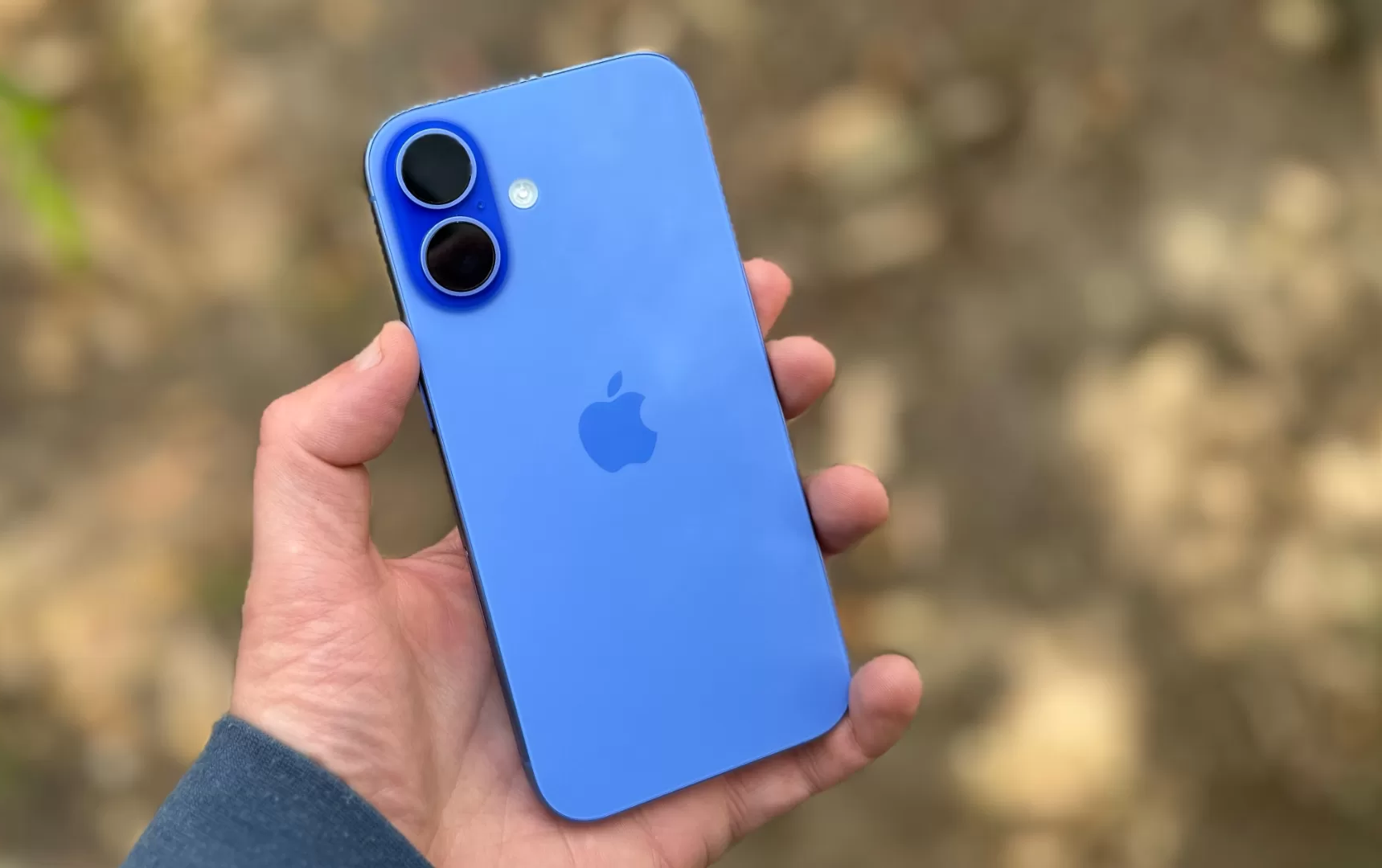It remains unclear whether this hesitation was due to a lack of confidence in their devices' ability to survive accidental drops, or perhaps due to concerns over losing substantial revenue from official case sales.
Regardless, Apple has now quietly suggested that users can confidently use the iPhone 16 without a case.
This is the core message of Apple’s latest advertisement featuring the iPhone 16, as seen in the video below.
The video shows an iPhone 16 slipping from a user's hand and hitting the ground - yet remaining completely undamaged, functioning perfectly without a single scratch. Apple conveys that thanks to the ultra-durable Ceramic Shield glass, iPhone 16 users have less to worry about when it comes to everyday accidents.
Ceramic Shield is a registered trademark of Apple. Nonetheless, this marks an interesting turning point for the smartphone industry.
The ad clearly communicates that users can rest assured: the iPhone 16 can survive accidental drops without issues.
The iPhone 16 features a premium aluminum frame - a material commonly used in the mobile industry.
There is speculation that this advertisement may hint at Apple’s plan to fully adopt aluminum frames for the upcoming iPhone 17 lineup. According to leaks, Apple is expected to transition to aluminum frames for the iPhone 17, iPhone 17 Pro, and iPhone 17 Pro Max models, moving away from the titanium frames found in the iPhone 15 Pro and iPhone 16 Pro.
Apple is also reportedly developing a new aluminum coating technology using an advanced Physical Vapor Deposition (PVD) process. This method involves adding a barrier layer and an underlayer to enhance adhesion, reduce the risk of peeling and cracking, improve corrosion resistance, and enhance the overall aesthetics of the aluminum frame.
Additionally, using aluminum would allow Apple to unify the materials across the entire iPhone 17 series. This move could simplify production processes and create a consistent appearance for the product line. Furthermore, replacing titanium with aluminum would help Apple meet environmental goals, as aluminum has a carbon footprint approximately 40% lower than titanium. It would also reduce the device's weight - addressing user complaints about the heaviness of Pro models - and lower manufacturing costs.
This development comes at a time when Chinese Android manufacturers are also enhancing their devices' dust and water resistance, and Corning has announced that its Gorilla Armor 2 glass on the upcoming Samsung Galaxy S25 Ultra can withstand impacts from a 2.2-meter drop onto concrete surfaces.
It appears that a new era of smartphone durability is on the horizon.
Hai Phong (Gsmarena, Techradar)
